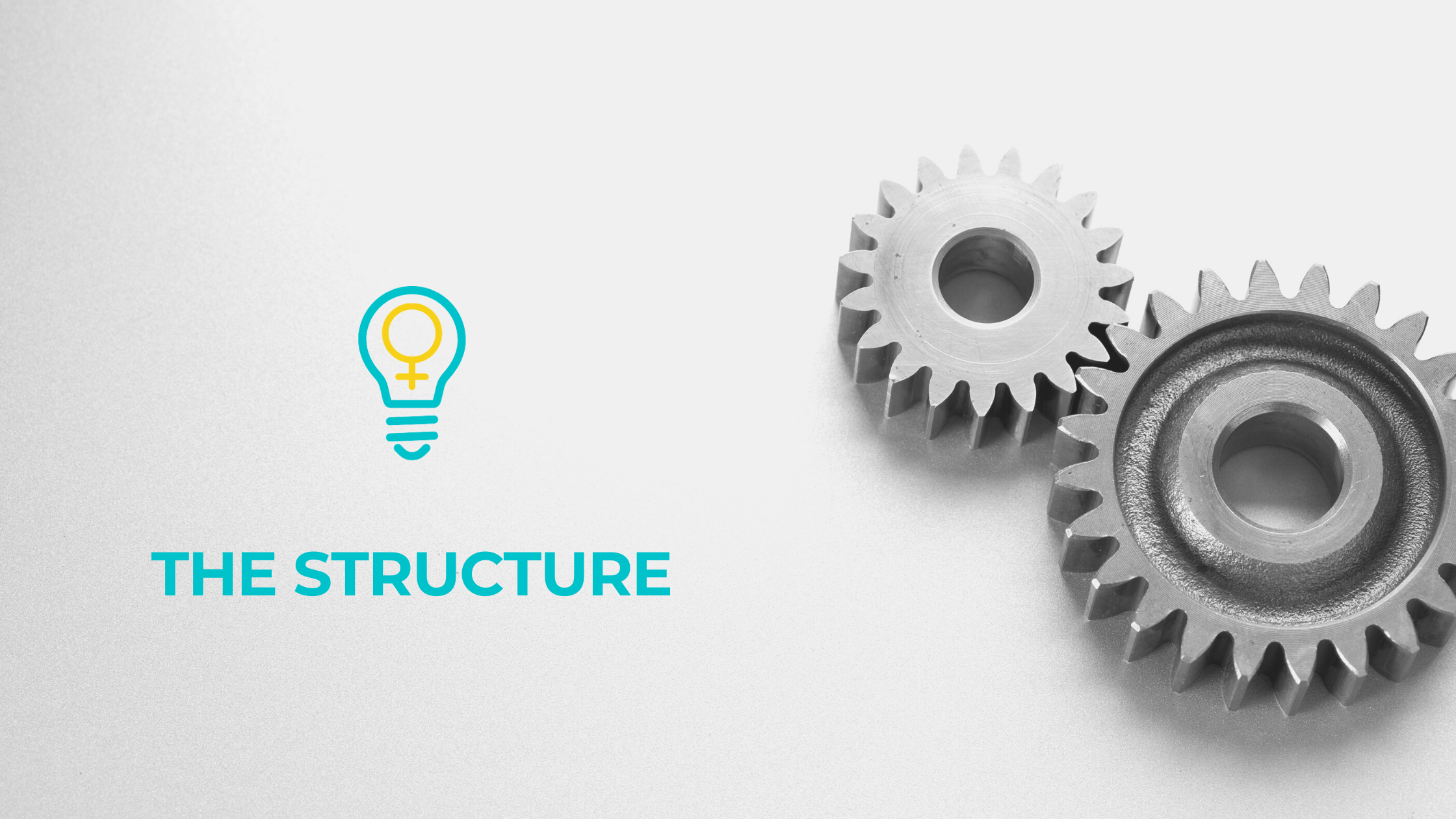
The project foresees the following Project Results and corresponding activities:
PR1 – WINNOVATORS Training Practices Collection
Leader: Tallinn University
Duration: from Dec. 2021 to Nov. 2024
Goal: teaching target groups how to act as change agents in their communities and activate young people with fewer opportunities for innovative careers.
Target groups: young women at risk from rural neighbourhoods/outskirts, HEI students, HEI educators and educational policymakers.
Elements of innovation:
- Innovative learning approach based on WINNOVATORS capacity building practices.
- An engagement plan for recruiting young women at risk of marginalisation.
- Evaluation strategies on how to estimate the quality of the practices and the impact of learning outcomes.
- Innovative e-learning objects and assessment scales for gamified microlearning.
- Guidelines for capacity development.
Expected impact: PR1 will impact on HEI students and young women’s learning approaches, and on HEI curricula to move towards a capacity development approach.
Transferability potential: WINNOVATORS practices and e-modules are structured as a flexible and open resource to be easily transferred to other HEIs, OIEs and communities.
Tasks:
- T1.1 “Coordination strategy and co-design activities for the development of the WINNOVATORS training practices collection”
- T1.2 “Development of the e-modules content”
PR2 – Gamified interaction for WINNOVATORS learning
Leader: University of Ljubljana
Duration: from Dec. 2021 to Nov. 2024
Goal: development of gamified approaches to promote teamwork-based innovation across HEIs, in order to blend formal and informal learning.
Target groups:
- Young women at risk of marginalisation coming from rural communities, HEI students, HEIs and local communities.
- Software engineers and developers of e-learning portals and e-modules.
Elements of innovation:
- The game principles, which are tied to innovation drive teamwork settings and to motivate the sharing processes across all project’s stakeholders.
- Assessment elements are gamified and tied with the assessment of capacities, collective capabilities and personal competences.
Expected impact: contribution to the promotion and the development of young women and students’ capabilities, and to the empowerment of collective and personal skills of STEM/STEAM, digital innovation, sustainability and entrepreneurial activities.
Transferability potential: the game principles will be structured in a way to be easily adopted in other e-learning settings and training scenarios.
Tasks:
- T2.1 “Development of the WINNOVATORS training modules’ gamification interaction”
- T2.2 “Evaluation of the gamified approach for WINNOVATORS learning”
PR3 – WINNOVATORS interactive working space
Leader: VITECO
Duration: from Feb. 2022 to Nov. 2024
Goal: given the lack of an interactive working space at HEIs and communities level, the Partners decided to create a user-friendly learning area that will boost co-creation and cooperation among the user in the development of several skills. The platform is designed for formal-informal blended training and provides teamwork settings where users can collaborate on innovative ideas.
Target groups: women at risk of marginalisation, HEI students and/or HEI teachers, training providers focused on distance learning and open education.
Elements of innovation:
- Gamified interaction support embedded within the platform
- Possibility to create team portfolios in a unique environment
- E-learning nuggets
- Microlearning content with gamified assessment elements.
Expected impact: mediating collaboration between HEIs, OIEs and community learners; enabling to keep up learners’ motivation; providing easy access to learning nuggets about STEM/STEAM, digital innovation, sustainability and entrepreneurship.
Transferability potential: the interactive working space is highly adaptable to several learning contexts / subjects / skills. The e-contents will be made available in all Partners’ languages ad transferred to various communities and countries.
Tasks:
- T3.1 “Technical development of the WINNOVATORS platform”
- T3.2 “Periodic update and maintenance”
PR4 – WINNOVATORS e-training policies
Leader: BADEN
Duration: from Dec. 2022 to Nov. 2024
Goal: fill in the gap of a lack of cooperation and capacity building actions among HEIs, communities, policy makers and businesses; meet the need from most HEIs of new teaching approaches.
Target groups: women at risk of marginalisation, HEI students and/or educators, policy makers in Partners’ countries and across Europe.
Elements of innovation:
- Strong cross-border capacity development approach
- The development of universal policy guidelines on how to develop capacities and support young women and HEI students
- Active involvement of young women in the online event “Inspired Women for STEM & Innovation”
Expected impact:
- Provide empirical findings on the impact of WINNOVATORS training sessions on HEIs
- Transform HEI students into future proactive agents in their communities
- Contribute to empowering young women
- Foster the participation and the capacity building among different actors coming from the world of education, business, tech, policy making
Transferability potential: policy guidelines and all project’s outcomes were developed in different languages to ensure their replicability in other countries and their adaptation to different contexts.
Tasks:
- T4.1 “WINNOVATORS e-training and coordination”
- T4.2 “Impact evaluation of WINNOVATORS e-training”
- T4.3 “WINNOVATORS policy guidelines”